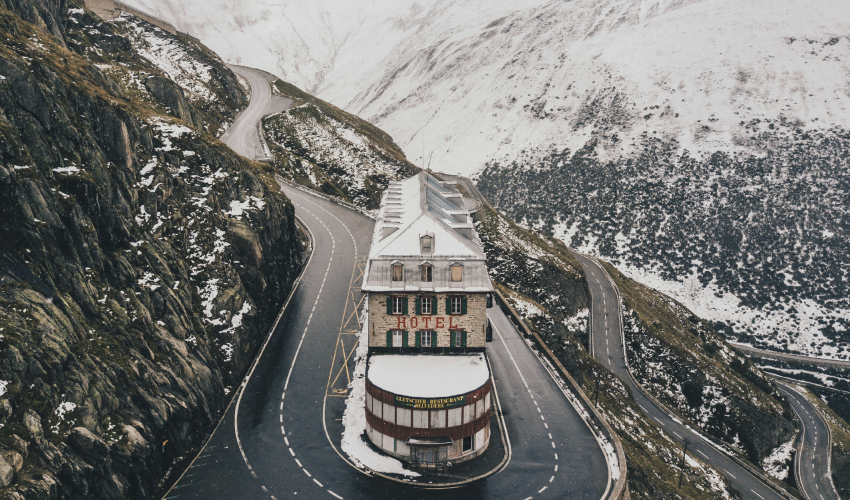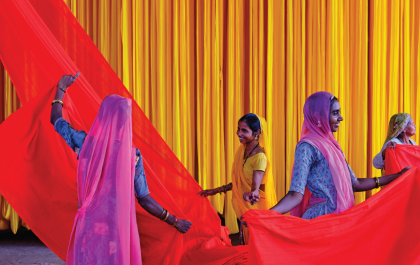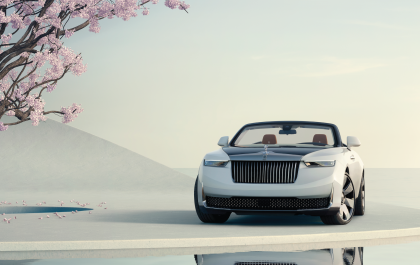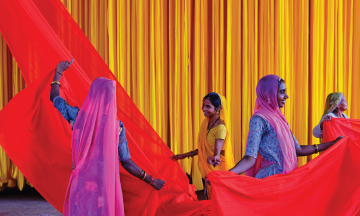By Abak Hussain
You may hear it a lot: “The Switzerland of …”
It’s as if everything is the “Switzerland of” something, or aspires to be. Kashmir is the Switzerland of India. Qatar is the Switzerland of the Middle East. Oman is (also!) the Switzerland of the Middle East. Taiwan is the Switzerland of Southeast Asia. Uruguay is the Switzerland of South America. Rwanda is the Switzerland of Africa. Singapore, with its cleanliness, safety, and phenomenally well-oiled business regulatory environment, is the Switzerland of Asia. But of course, as every Bangladeshi knows, it is Bangladesh that Sheikh Mujibur Rahman wished to transform into the Switzerland of the East. It is almost as though Switzerland, rather than being a real country, is a synonym for something approximating a perfect world, where the trains run on time, where the water tastes good, and where life and culture and the quality of chocolate have reached their absolute zenith. Like the Wild West or Hollywood, maybe Switzerland is a mythical space – a concept that appeals to our hopes and dreams, but, since we are not actually Swiss and do not have the privilege of looking under the hood, it is perpetually short of reach.
What is it that makes Switzerland so great? In the 2024 US News Best Countries Ranking, for the third consecutive time, Switzerland has been picked as the “best country in the world.” The distinction sounds dubious, I know. How can a country be the best? So much subjectivity comes into such a thing, where your values would surely play a part. Try telling regimes with militaristic wet dreams like China or Russia that Switzerland is better than them, they will laugh it off.
But let us set aside for a minute the deconstruction of subjectivities and come back to something on a common sense level we all know to be true. Some countries are better places to live in when it comes to political stability, safety, health, education, and the potential for the average human being to grow and realize their dreams. These things will appeal to you if you hold in your heart the values of democracy and egalitarianism and consider a country as being “good” if it is good for all who live there. All regimes create winners and losers, and if you ask those at the top of the food chain, naturally they will say their country is the best, because it is: for them. Saudi Arabia is a paradise for Mohammad bin Salman, where he has the unchecked powers and wealth of God-on-earth, but for his political opponents, or for those who have criticized the regime, or for women, or for migrant workers? Not so much. To varying degrees, this is true for all countries. Things may be good if you have been getting a piece of the pie, not so much if you are under the boot.
Ultimately what makes Switzerland so great, often an enigma to people who unthinkingly spout out things like such-and-such is the Switzerland of such-and-such, is its relentless pursuit of democracy. Switzerland, the Swiss will often tell you, is boring. How can the best country in the world possibly be boring, one may ask? To put it another way, Switzerland is boring in the same way that a child, who may want to load up on sugar and video games and junk food, may find an adult boring, that is to say, the kind of adult who wears boring clothes to work, asks you to eat your vegetables, and has no tolerance for nonsense like bullying or entitled behavior. Switzerland, among nations, is the paragon of the boring adult – their leaders are not action heroes, lacking even a shred of charisma, but people who know how to do their job with due diligence.
To get to the heart of it: Switzerland’s process of direct democracy is probably the fairest and most efficient system of governance we have in the world today. The Swiss realized a long time ago that democracy was not just about choosing a leader. Democracy is the ceaseless process of civic participation in each and every decision, holding public officials accountable every step of the way. The government has to be transparent, not vested with powers to make sweeping changes at will. Swiss leaders are boring and quiet. They tend to lack charisma. Quick quiz: Can you name the head of state or head of government of Switzerland? No cheating please. Chances are, unless you are a hardcore European politics nerd, this question will stump you. Because the top figures of the Swiss government are uncharismatic, they eschew any special sense of entitlement, and they know that any action or comment on their part which goes out of line or against the interests of the people will be their downfall. Switzerland doesn’t have a Putin, or a Modi, or a Xi, or a Hasina. It doesn’t want one.
The executive power of the Swiss government is in the hands of the Federal Council, which is comprised of seven Federal Councillors. These councillors come from a mix of political parties, which are elected by the Federal Assembly every four years. They share the duties of head of state, and every year they rotate for one of them to take the role of president. But the president is really just a designation among equals, for operational purposes. The country, already tiny, is divided up into 26 cantons and all citizens above the age of 18 have a strong participation in governmental decision-making. The Swiss can hold three types of referendum: mandatory, popular initiative, and optional. For any amendment to the constitution, a vote must be held in a mandatory referendum. Any Swiss adult citizen can sign a popular initiative, while any group of at least seven people can launch a popular initiative. The group of people launching it is known as the initiative committee, and they must collect at least 100,000 valid signatures in favor of the proposal within 18 months, and take it from there. This is democracy in action, all year, every year, all the time. The same rules apply to everyone, and your bloodline or your VIP status matters very little. Boring stuff, right? But that’s democracy – always watchful, no special concessions for charismatic leaders.
As Bangladesh struggles to turn a new leaf, we are faced with insurmountable challenges. Our institutions are broken, and there is, within the people, a deep need for vengeance. We are angry, we are full of revolutionary energy, and that’s not all bad – this energy was needed to eject a despotic regime which made a mockery of democracy and the rights of the people. But now, a lot of the work ahead will be boring. This work involves building back mechanisms of safeguarding our rights and keeping public officials in check. We may succeed, or we may regress catastrophically – only time will tell. Certainly, we will not turn into Switzerland any time soon – or ever. But that perfect little mythical space is a good example for all of us to keep in mind – as a sort of guiding star.
Abak Hussain is Contributing Editor at MW Bangladesh













